Efforts to protect the shrinking populations of the Salina mucket and Mexican fawnsfoot mussels, unique species inhabiting the Rio Grande in Texas, are gaining momentum. The U.S. Fish and Wildlife Service has unveiled a plan to secure these freshwater mussels under the Endangered Species Act (ESA) while also designating 385 miles of the Rio Grande as their critical habitat.
These mussels, once spread across a larger expanse of the Rio Grande watershed, are currently confined to two river segments. One portion is downstream from Big Bend National Park, while the other lies between Eagle Pass and San Ygnacio, Texas. Their populations have been hampered by low abundance, limited recruitment, and an inability to disperse, rendering them extremely susceptible to extinction.
This initiative underscores an urgent need to safeguard these vital, albeit lesser-known members of river ecosystems. Not to be confused with invasive Zebra mussels, the native mussels perform key ecological functions. From filtering water to stabilize streambeds, to serving as a food source for many aquatic creatures, they contribute significantly to the health and biodiversity of freshwater habitats.
Similar Post
The proposed critical habitat for these species includes parts of the Big Bend National Park and several state-owned conservation areas. However, this proposition won’t impose new limitations on landowners or state agencies, provided no federal funding or approvals are needed for any state or private activities on these lands.
The reactions to this proposal are mixed. While environmental groups like the Center for Biological Diversity laud the move, they criticize the protracted process of the mussels’ inclusion in the endangered species list, a task that’s been pending for over a decade.
Meanwhile, the proposal has ignited concerns regarding potential impacts on property rights, as seen previously when another Texas mussel was placed on the endangered species list in 2018. It remains uncertain whether similar apprehensions will arise in this case.
Nevertheless, these species are already listed as threatened under Texas law. Conservation efforts coordinated by the Texas Parks and Wildlife Department, in conjunction with private landowners along the Rio Grande, are ongoing.
Moreover, organizations such as WildEarth Guardians have long been advocating for these mussels’ protections. They argue that the health of these mussels mirrors the vitality of the Rio Grande itself, making these protections essential not just for the mussels, but for the entire ecosystem.
The proposal is open for public comments until September 25, with the final decision on the endangered species listing anticipated within a year. The fate of these mussels hangs in the balance as the natural world watches and waits. The next few months will be crucial in determining whether these important ecosystem engineers will be given the necessary protection to survive and thrive.
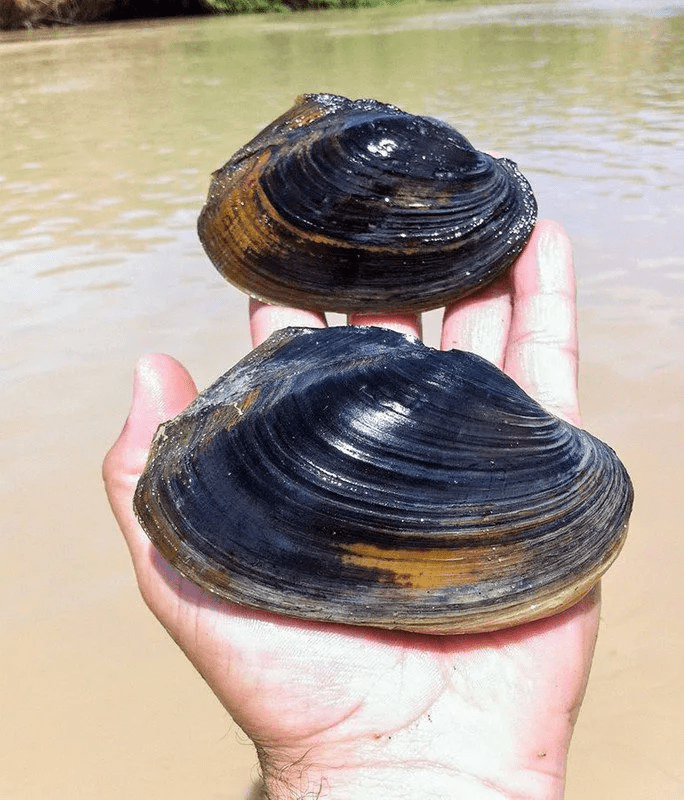




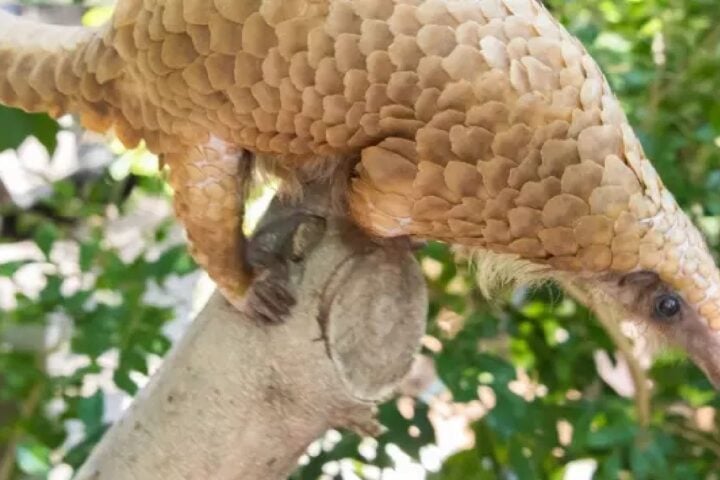


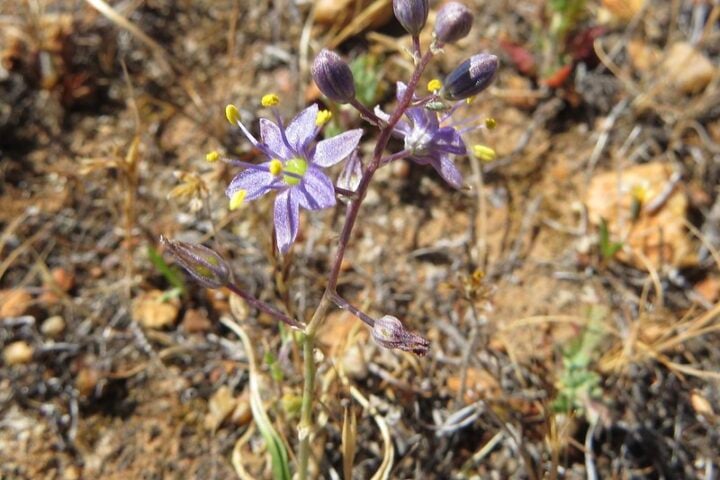


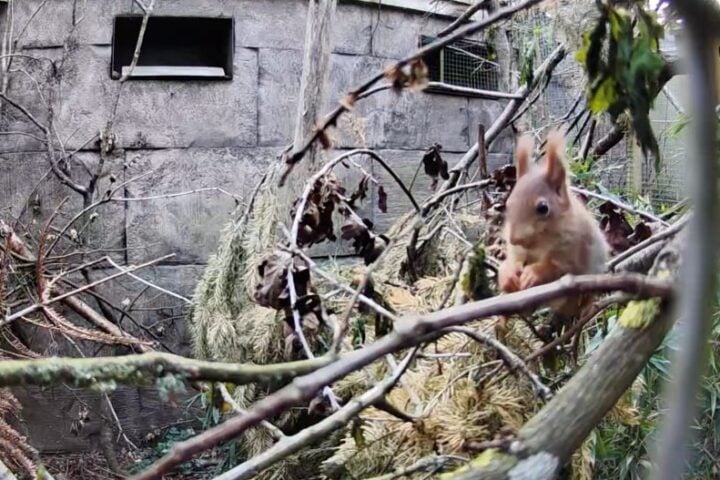
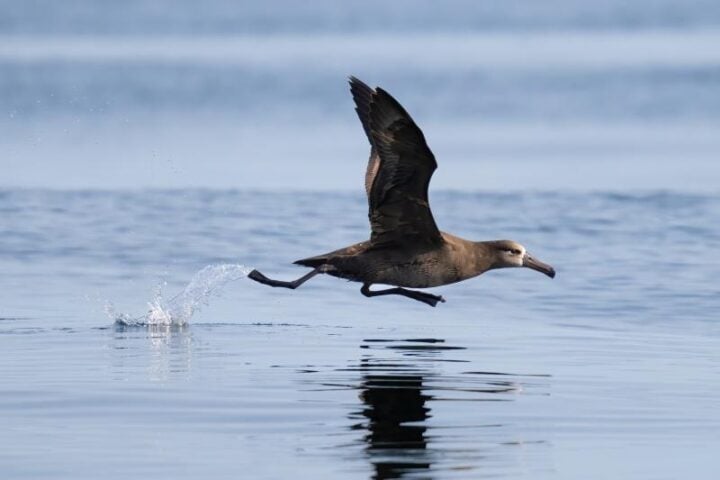

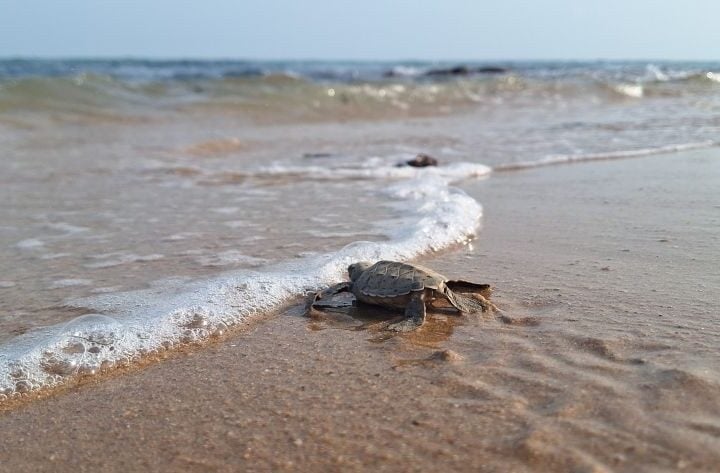

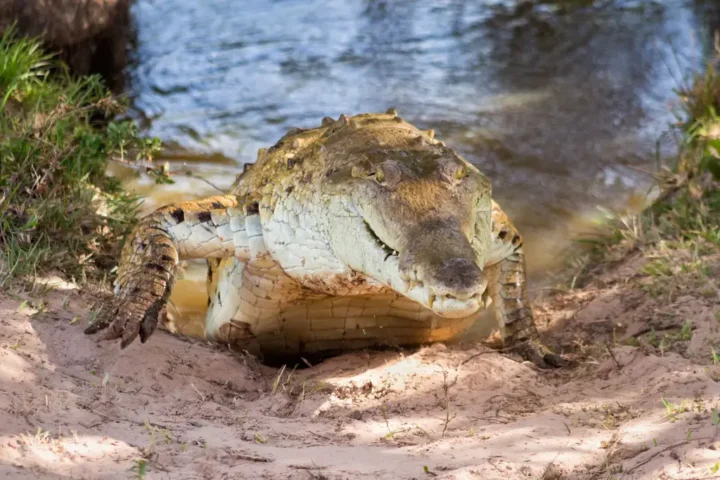
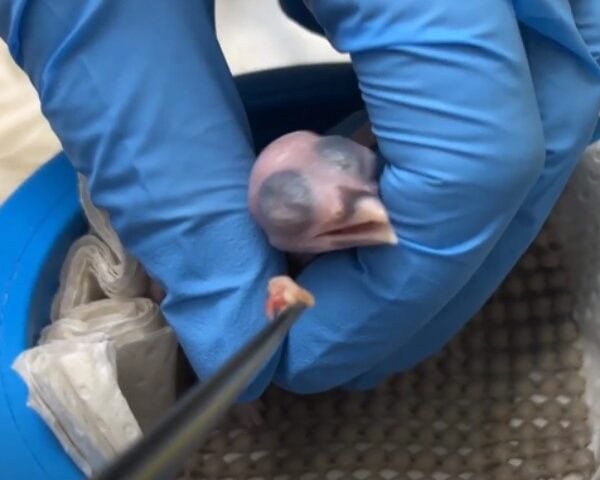

Nice article